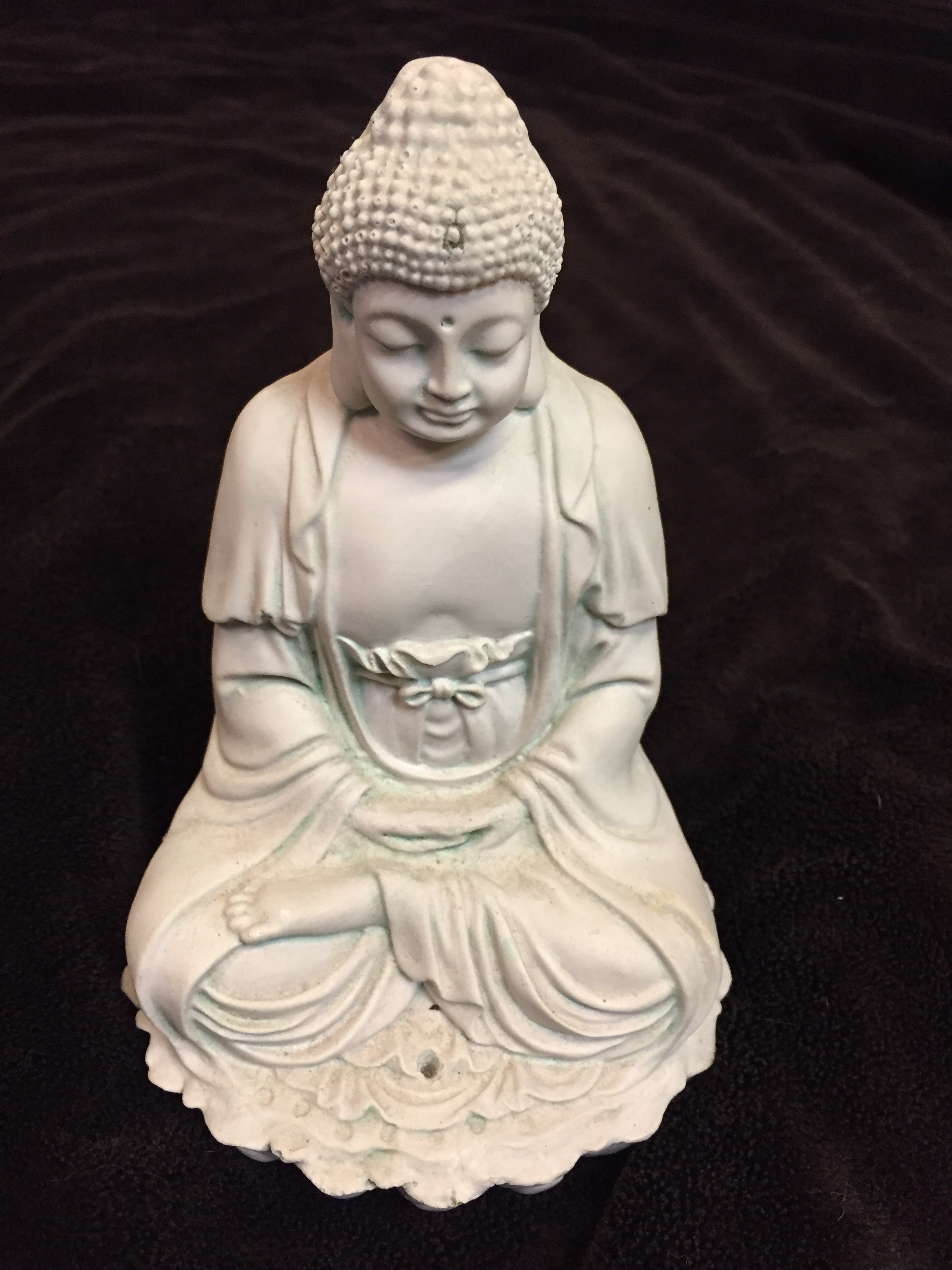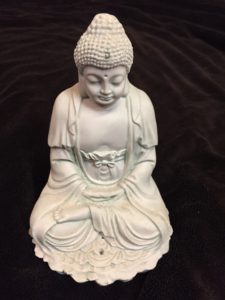Conversations with Yeshua. This is channeled material, edited minimally for clarity only. It is personal information given to me and my husband Stan, but relevant to many situations and this is one I am asked to share with the world. A special hug and thanks to Stan for allowing me to share this one.
There are a great many topics of interest in your lives and on the planet currently. You are welcome to speak the ones of interest and we’ll address the one that Linda brought up as well.
S: …That was how we trigger each other which leads to resentment and arguments and bad feelings and disconnection. Avoiding that is obviously something we want to do. We’d both like more heartfelt communication.
Disentangling the lump
There are parts and pieces of your communication dynamic that are valuable and other parts that are best avoided. In your minds and your behaviors those episodes are all one lump so we’ll help you deconstruct and disentangle the parts and pieces over the next few minutes.
Both of you are coming into your own as confident defined beings with certain inalienable rights. And we think you can feel the truth in the fact that that sort of confidence can easily tip over into arrogance. Can you feel that? So living as two strong independent beings in the same environment is a new skill, a new art. What’s going on in your marriage is also what needs to happen in your communities, in your nation and in your world.
When people become confident and take their power back they often ride roughshod over others. But not always. So in simple terms we’re going to encourage you to take your confidence back and combine it with generous listening.
And know that for each of you, where you perceive a right of yours has been violated, your partner may have a different perception and only the courage and the kindness to talk it over clearly will likely result in a shared perception rather than two opposing perceptions.
Specifics – getting to a shared perception
So we’ll get specific here. With the story from yesterday about the sound system speaker and its placement*, Linda perceived a danger to a valuable piece of equipment by your placing it in a driving area. She was concerned and expressed her concern. And Stan, you dismissed that concern but gave no reason. Is that correct?
S: Uh-hmm.
And so she nursed that hurt for 2-3 hours, feeling dismissed and unheard. And she still had her initial concern about the safety of a piece of equipment that she cherishes. Several hours later when she brought it up again and you had a conversation you expressed the need to put the monitors in a different place than the speaker, and a proper arrangement. You explained your reasons. She understood and the distress went out of that conversation.
Do you see what the factors were in the revisiting of that topic that made it turn out differently?
S: More information and no dismissal.
And Linda for her part was actually listening. She was not trying to dominate. She heard you and said something to the effect that she might have put something in that driveway to protect the sound system had she had time to do that. But she understood the placement after that. And then there was no conflict because at that point you had a shared or nearly shared perception. So, that process requires several behaviors and mindsets that are not familiar to you both, and it’s similar to what is going on culturally.
 Both people have parts of the truth, but they are too angry to talk to each other about it.
Both people have parts of the truth, but they are too angry to talk to each other about it.
So do you want to deconstruct one more incident and see if you can get to that place of shared perception there as well?
S: I’m fine with that.
So, as supper was in process — we want to say that we not specializing in mind-reading. We have access to Linda’s mind because we are using her as the channel. And working with other people we would not have necessarily have access to this material, at least at this point in the development of the channeling. Do you understand that?
S: Uh-hmm..
So, you, Stan picked up a hot griddle and brought it to the table as the food was ready, leaving the burner on. And Linda for her own reasons, part of which was the busy-ness and the sharing of the meal preparation which can get a little territorial, challenged you for having carried the pot away without turning off the burner.
Now starting from that point, what would add to the ‘more information and generous listening’ and not defending anyone’s position? What would be the next step?
S: On my part, an acknowledgment that I’d left the burner on, and that there was kind of a “get-er-done” mentality that paid no attention and that has done it repeatedly over a long period but not very often. It does happen.
Alright. That would have been more information that was relevant to the situation. And do you think she might have listened well?
S: She may have heard that but it doesn’t get to the anger at the bottom of it or the kind of rough-shod attitude that’s at the bottom of it.
Of your conversation or hers?
S: Of mine.
Get-er-done vs. request for changed behavior
Part of what you are both dealing with is respectful, clear communication. And part of is, sometimes there’s a request for change in behavior. We think that Linda’s request is for changed behavior.
That may not be what you are wanting. So that can be an issue too.
She is requesting that you bring your consciousness to bear and turn the burner off as you pick up the pan. And that may be something that for whatever reason you don’t wish to do, or that you wish to do in some other way.
But those are typical conversational challenges. You have not only the clear and respectful communication but sometimes you have requests for behavioral changes that one person wants and the other one does not.
What would your opinion be in this relatively calm moment about that unspoken request? For a commitment to attend to that in a different way than you have?
S: There’s absolutely nothing wrong with the request. Underlying that for me is a judgment and criticism of Linda’s nitpicking which I consider to be an overly concerned fearful attitude towards the world.
That’s very clear.
S: And I refuse to live that way and comply with that.
So it becomes not really about a burner left on in the kitchen. It becomes about your judgement of her as fearful.
S: Right.
And your refusal to participate in that.
S: My refusal to make it a big deal. And I take it as a personal criticism of me because it stings.
And in concert – the speaker and the burner – together with other situations in which I judge her to be fearful and constricted in life, it adds up to a quick reaction pattern in my case.
So now in this quiet moment, as you look at Linda as a whole, do you see her as a fearful person?
S: No. Not overall.
Do you see her as someone who lives her life in a fearful way? Compared to average? or even compared to above average.
S: No.
But when it comes to a request of you, you see her as fearful.
S: No, I don’t see her as fearful overall. I see her as having an area of her life where she IS constricted, IS overly concerned. Obviously leaving a burner on is not something you want to do, but it’s also not a big deal.
So we’re going for challenging perceptions here. So when you were married to your previous wife, how would you have felt if once or twice a week you came into the kitchen and the burner was left on? What would you have said over time?
S: We need to pay attention to that, honey, could be dangerous.
And would that have been a mark of being overly fearful on your part?
S: In that way I don’t think so.
What would be different?
(long pause)
S: It’d be…. kind of gracious, and acknowledgement of a potential problem. And yet when Linda does the same thing to me, I feel a sting of personal criticism.
A third party in the marriage
So back to this situation, when she says “you left the burner on,” what do you hear?
S: My mother yelling at me.
So there is no way for Linda to share feedback with you without you feeling a personal sting. Is that valid?
S: There might be a more gracious less pointed way to say it. I feel fear in Linda’s voice about the burner. And I think that puts a little sting in it.
What changes would you be willing to make to shift this pattern?
S: I’d be willing to work on remembering to turn it off.
And the larger dynamic of hearing your mother when Linda asks something of you?
S: I’d be willing to discuss unpacking that fear-criticism from a gentle warning.
So your commitment is to talk about it with others, to talk about it with her? We’re asking what you are committing to.
S: It happens so sporadically I’m not sure how to work on it. It happens in the moment. In a hurried moment and I’m not aware of a way to bring more presence to that moment, isolated by 2-3 weeks of no problem.
We suggest that you start with a serious look at the habit you have of hearing your mother’s criticism in normal household and spousal conversation. If you take that out of the equation completely then you have a woman and a man living together communicating with each other. But when you bring your mother into the marriage and everything you ever felt with your mother that was less than pleasant, you literally have a third member of the marriage. And then simple things like leaving a burner on or bringing mud in the house are no longer simple between Linda and Stan. They are complicated because your mother is with you. And you are unable to distinguish between what’s accurate and what’s not.
You make judgments that are inaccurate. Linda feels completely shocked because she thinks she’s dealing with you and instead she’s dealing with perhaps a teenage boy who’s angry at his mother. And for each incident, there could be answers found if your mother wasn’t part of it. Do you understand that?
S: Yeah.
Do you agree with that?
S: Yeah.
For example, how many times you have license to leave the burner on without Linda getting freaked out. That could be straightened out. But not if your mother’s part of it.
S: Uh-hmm. And not if I’m already triggered by multiple fearful reactions on Linda’s part, or multiple criticisms. My mother’s not just somewhere in the background but an active angry reaction part in my life.
We respectfully offer that you will not see your wife as fearful and constricted when your mother is no longer riding with you everywhere.
Can you hear her heart – and your own?
You will begin to see Linda as an adult woman who has certain preferences in life and sometimes your preferences match and sometimes they don’t. But they won’t be so difficult to navigate if you do what you need to do to put your mother forty years back in your life and not riding with you today.
It’s normal for a husband and wife to not have every preference alike, but when you bring an angry judgment with you and call your beloved wife fearful, constricted and angry, how can you make love to her? How can you hear her heart? Do you really care to hear Linda’s heart? Or do you care more about protecting yourself from your mother? Do you hear how generous listening has gone out the door?
S: Uh-hmmm.
You are carrying your mother with you. And there’s truly nothing Linda can do about that. In fact, you carrying that version of your mother – which is only one version – produces more fear on Linda’s part. Because if Linda were carrying an angry judgmental father around on her shoulder and seeing you as that angry judgmental father three or four times a week, how solid would your marriage be?
S: Not very.
Advisor to the king
Do you understand why she might be more fearful because you are doing that? It makes her feel like she doesn’t know you. And that you’re not the man that she can trust. Which to some extent is true. You would not trust her very much if you knew that she were riding with an angry fundamentalist father on her left shoulder. And he had the ability to color her eyes so that as she looked at you, she saw him instead of you.
It would color everything about your marriage. And these little day to day incidents would not be easy to unravel with him riding there.
So we’re going to give you a picture of what is, right now. See your mother in her most angry, scornful blazing way. And put her on your right shoulder. Take her with you everywhere and let her interpret life for you. When you look at your wife, your mother has turned your wife into herself, because she’s so close. She has your ear. She’s like an advisor to the king.
And you lose the ability to see Linda in this present moment because your mother is taking you back 40+ years. To every hurt she ever inflicted on you and every judgment you ever made about her.
Gooey paint from the past
All of those are the costume you put on Linda. And it leaves the two of you unable to navigate something simple like turning the burner off or where to place the speaker. Because you are not in the present moment. You are not just dealing with the facts of speakers on pavement or burners on stoves. Your memory-mother is blanketing that situation with gooey paint from the past. It’s all over everything.
And of course it colors your ability to feel close, to be close. It coats your heart. As long as she’s there you cannot listen generously because she is whipping you up into a righteous fervor. So do you see this picture?
S: Yes.
What do you see as needing to be done?
S: Well, I remove my mother from my shoulder and work towards healing the wounds.
You may not be able to do that all in one step, you understand that?
S: Yes.
In this moment
The process of removing yourself from the grip of the memory-mother that you imagine in your mind is a huge step on its own. And the other piece is being in the present moment ANYTIME you have an exchange with Linda, even if it’s just breakfast, or getting ready for church. You can remind yourself that even though you haven’t done all the healing work, you are now, here, in this moment, with your wife. And that has nothing to do with your mother. This you can do today.
The deeper work of putting your mother off in the distance, forgiving your mother, forgiving yourself, that will take a little time. Bringing yourself into the present moment, today, takes no time. It just takes a commitment. And you will immediately find things are much easier to resolve when you are here in the present moment, and your mother is 30 feet away at least. And if your commitment to that wavers just imagine your wife with an angry fundamentalist controlling father on her right shoulder and see if you want to be married to her.
S: Hmmm.
And remind yourself. It’s not about burners, it’s not about mud on the floor, it’s not about where speakers are placed. It’s about whether you’re in the present moment, and being real and authentic with yourself and your beloved.
So we’ve given you two large assignments. One is to separately do the healing and forgiving work about your mother, and the other is to be absolutely present and not let any hint of that work contaminate your moment by moment interactions. Do you understand those two as separate assignments?
S: Uh-hmm…
Freeing your heart from the baggage
So we want you to check in with your heart right now. How does your heart feel at the prospect of making these changes?
S: Excited.
This is good work. It may not feel as loving as some of the beautiful things but we assure you it is. It’s not loving to carry around an angry shadow in your mind and to project it onto people that you love. Your heart closes down in that field of past anger coming with you everywhere. And what we are telling you is very specific but it’s also about freeing your own heart from that baggage.
You will be absolutely astonished at how much happier and freer you feel as you do this, that we’ve asked you to do. Can you feel that?
S: Yea.. I can feel towards that, I’m not sure I can feel it yet.
We are glad you come to listen. This is an important day. We are complete.
* The equipment was set up at an outdoor musical performance for Linda and Stan’s group.









 Both people have parts of the truth, but they are too angry to talk to each other about it.
Both people have parts of the truth, but they are too angry to talk to each other about it. 
 You have gifts that have come in with you, gifts that you have polished and refined, the gift of a soulful eye which you use with your art, the gift of kindness which you feel and practice towards the world at large and the gift of healing which you have honed by doing your own work.
You have gifts that have come in with you, gifts that you have polished and refined, the gift of a soulful eye which you use with your art, the gift of kindness which you feel and practice towards the world at large and the gift of healing which you have honed by doing your own work.